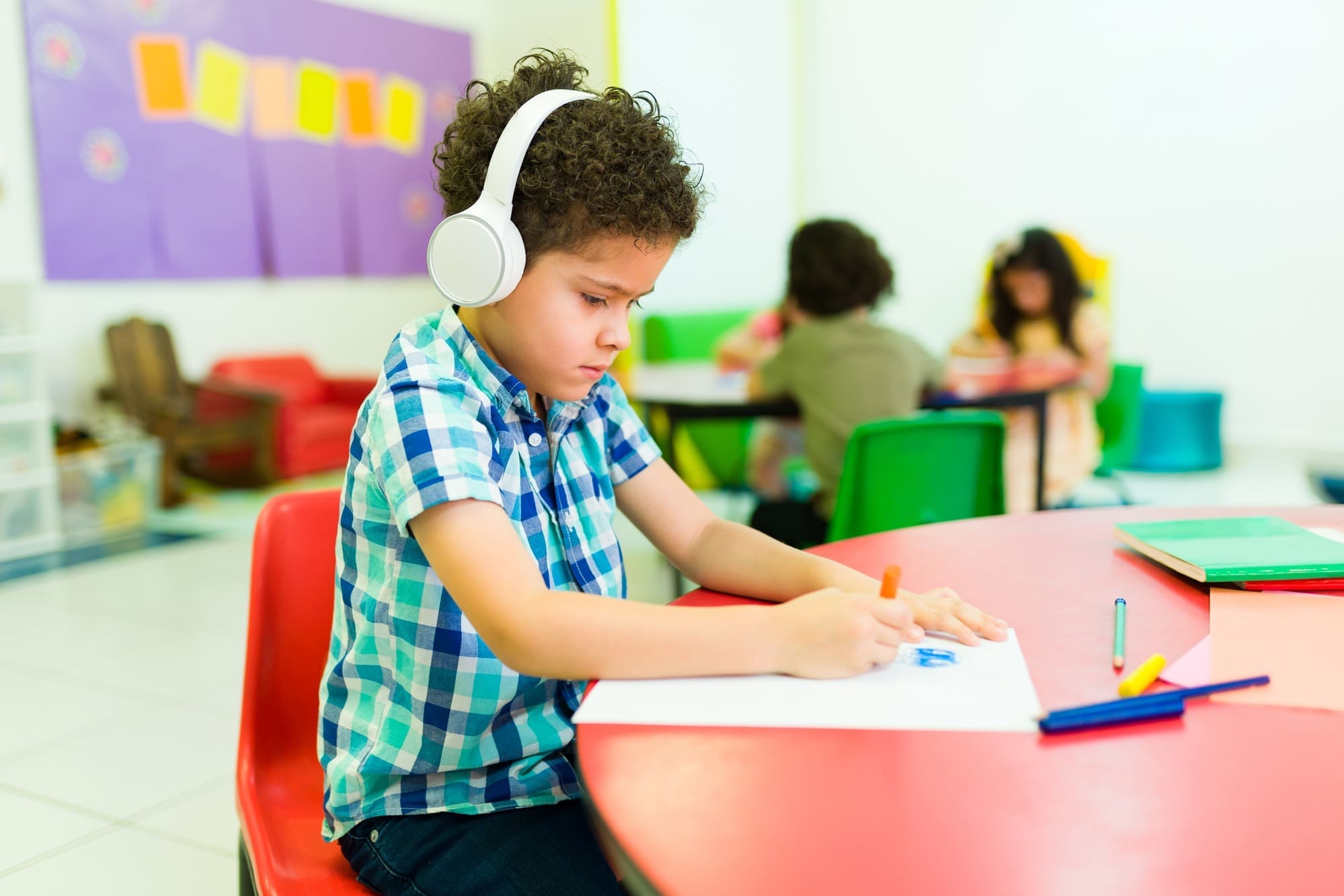The newly authorized drug, leucovorin, is becoming popular in the autism community, where some families have named it the “small bottle of hope”. While initial accounts and personal testimonials have sparked enthusiasm, medical experts point out that current scientific data remain quite limited, and more studies are needed to accurately identify the beneficiaries. Leucovorin is
In our journey to create a more inclusive society, it’s paramount that we understand the nuances of what it means to be autistic. Dr. Hannah Belcher’s insightful account of the act of ‘masking’ provides a comprehensive look into the emotional and mental toll it takes on autistic individuals. Supporting autistic individuals and others with neurodiverse conditions requires understanding, compassion, and action.
What is Masking?
To the unfamiliar, ‘masking’ might sound like everyday jargon. But in the world of autism, it signifies the immense pressure to conceal certain characteristics to fit seamlessly into a predominantly non-autistic world. It’s the act of suppressing behaviors, mimicking others, or developing social scripts to navigate tricky social scenarios. While everyone, at some point or another, modifies their behavior to fit into a group, for the autistic community, this isn’t just an occasional adjustment; it’s an ingrained coping mechanism.
Belcher, drawing from both research and personal experiences, paints a picture of a strategy that’s both resourceful and, sadly, detrimental. On the one hand, masking showcases the adaptability of young minds, coming in handy during situations that demand conformity, like job interviews. On the other, it’s a potential minefield for mental health.
Studies reveal that continuous masking amplifies feelings of anxiety and depression and may even be linked with heightened suicidal behaviors. Why? Masking, in essence, is an exhausting task, akin to playing a role 24/7 without a script in hand. Over time, the pressure wears one down physically and psychologically, often leading to an identity crisis.
The Paradox of Perceptions
Ironically, even with all the effort put into masking, it doesn’t necessarily change the perceptions of non-autistic individuals. When uninformed, they still tend to view autistic behaviors more critically, a testament to the deep-rooted biases present in society.
For those on the autism spectrum, self-awareness and self-compassion are essential survival tools. By understanding their masking patterns and nurturing self-kindness, they can combat the internalized stigma, leading to a healthier mental state.
Moving Forward
So, what can we do, especially as non-autistic allies? The key lies in awareness and understanding. As Belcher rightly points out, when non-autistic individuals recognize someone is autistic and is often trying to manage difficult symptoms, their perceptions often soften.
When working or collaborating with an individual who may be neurodiverse, be sure to take note of the following tips to ensure respectful, understanding, and inclusive interactions:
- Provide clear communication: Be straightforward in your communication. Avoiding metaphors or indirect language can make interactions more accessible for everyone.
- Be patient and open-minded: Recognize that everyone’s experience and mode of communication is unique. Being patient and avoiding snap judgments can foster more inclusive interactions.
- Respect boundaries: Some autistic individuals might have sensory sensitivities or need to engage in behaviors (like stimming) that provide comfort. Be respectful and understanding of these needs.
- Ask and listen: If you’re unsure about how to support an autistic individual, simply ask them what they prefer. And most importantly, listen to their experiences and needs.
Building strong communication is an essential starting point. To genuinely support and understand the neurodiverse individuals within our circles, we should be embracing a more comprehensive approach. Below, we’ll explore further recommendations that emphasize fostering a more inclusive and understanding environment in both our communities and personal interactions:
- Promote awareness and understanding: The best way to reduce the need for masking is to spread awareness about neurodiversity. Take the time to learn about autism, its spectrum, and the experiences of autistic individuals. Reading personal accounts, scientific articles, and attending workshops can enhance understanding. By educating oneself and others, non-autistic individuals can relate to and empathize with the struggles of their autistic peers.
- Normalize neurodiversity: Autistic people can practice unmasking in safe environments to confront and reevaluate the fears associated with being their authentic selves. Over time, this may lead to reduced stress and a greater sense of well-being. Advocate for inclusivity in workplaces, schools, and public spaces. Normalizing diverse neurotypes can create a more accepting society where everyone feels valued.
- Challenge Stereotypes and Biases: Reflect on your own beliefs and biases about autism and others with disabilities or who are neurodiverse. Challenge stereotypes and correct others when they make uninformed or prejudiced statements.
- Support and Advocate: Stand up against discrimination or exclusion of autistic individuals. Support open, accommodating policies. Use your platform, whether big or small, to spread information and raise awareness about autism and neurodiversity.
Let’s continue to push the boundaries of understanding, challenging biases, and embracing the beautifully diverse spectrum of human experiences. By adopting these practices and promoting a more inclusive environment, we can create a world where everyone, regardless of neurotype, can thrive.
Sacramento ABA Therapy is committed to this vision for those in the Sacramento area and is a resource for fostering such understanding and inclusivity.

